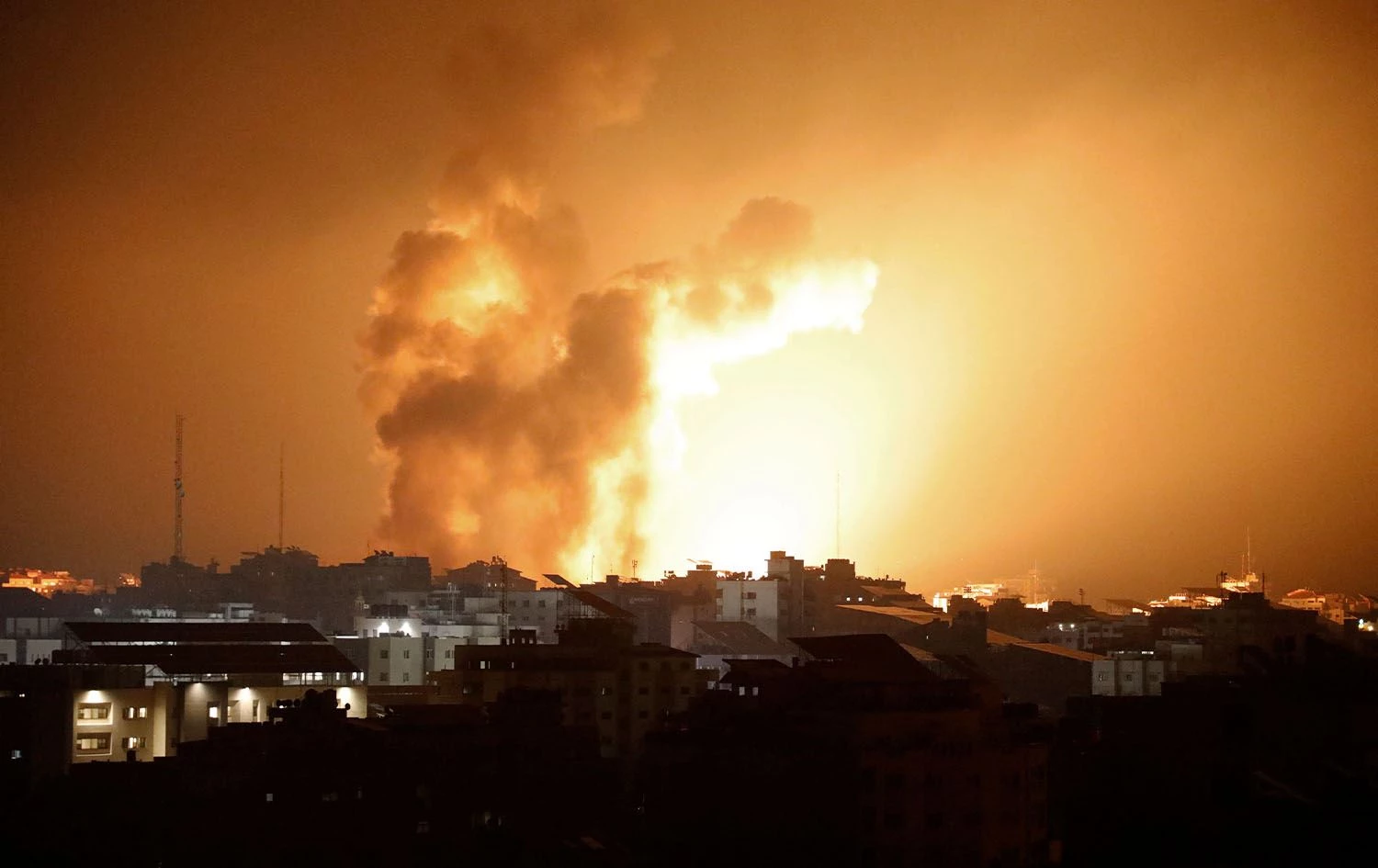Hezbollah and Israel exchanged fire on Tuesday following deadly Israeli strikes on east Lebanon a day earlier, while United Nations peacekeepers warned the intensifying attacks could jeopardise a political solution to the hostilities.
Lebanon's Hezbollah, a Hamas ally, has exchanged near-daily fire with the Israeli army since war erupted between Israel and the Gaza-based Palestinian militant group on October 7.
Israeli raids near east Lebanon's Baalbek on Monday were the first in the area since hostilities began, and hit far beyond the usual border regions.
The Israeli army said the strikes targeted Hezbollah air defences after the group downed an Israeli drone.
The United Nations Interim Force in Lebanon (UNIFIL) warned Tuesday of a "concerning shift in the exchanges of fire" in recent days and "an expansion and intensification of strikes".
"Recent events have the potential to put at risk a political solution to this conflict," the force said in a statement, urging "all parties involved to halt hostilities... and leave space to a political and diplomatic solution".
Hezbollah said it targeted the "Meron air control base... with a large salvo of rockets from several launchers" on Tuesday, in response to the Baalbek strikes.
Israeli military spokesman Avichay Adraee said the rockets caused no casualties or damage to the base, while Israeli fighter jets raided and destroyed "a military site" and "military infrastructure" belonging to Hezbollah in retaliation.
One of the strikes targeted Baisariyeh, almost 30 kilometres (18 miles) from the nearest Israeli boundary.
Two Hezbollah fighters were killed in the east Lebanon strikes on Monday. Later that day, the Iran-backed group fired 60 rockets at an Israeli base in the annexed Golan Heights.
Cross-border exchanges since October have killed at least 284 people on the Lebanese side, most of them Hezbollah fighters but also including 44 civilians, according to an AFP tally.
On the Israeli side, 10 soldiers and six civilians have been killed, according to the Israeli army.


